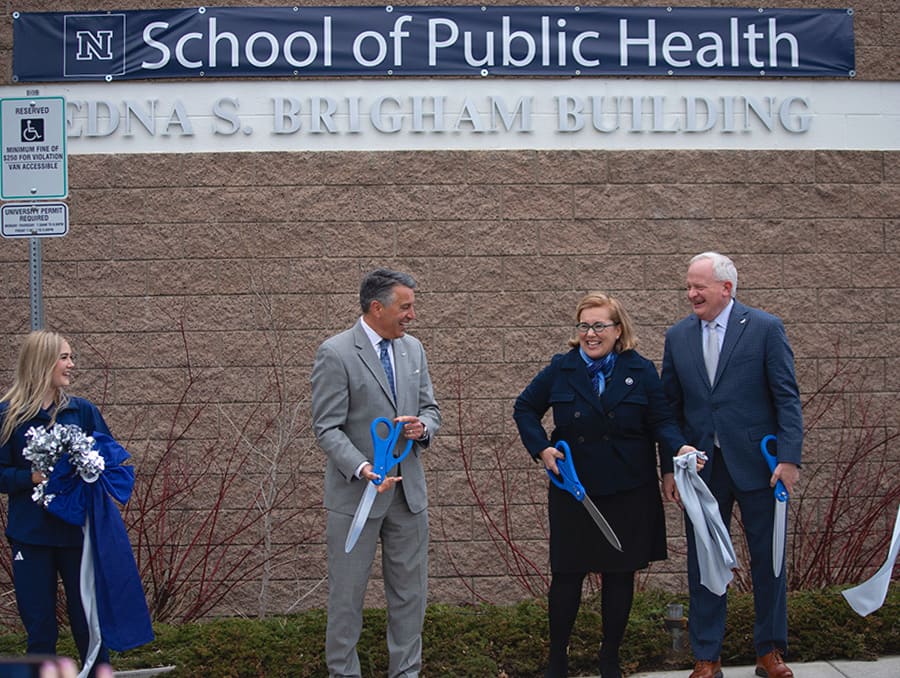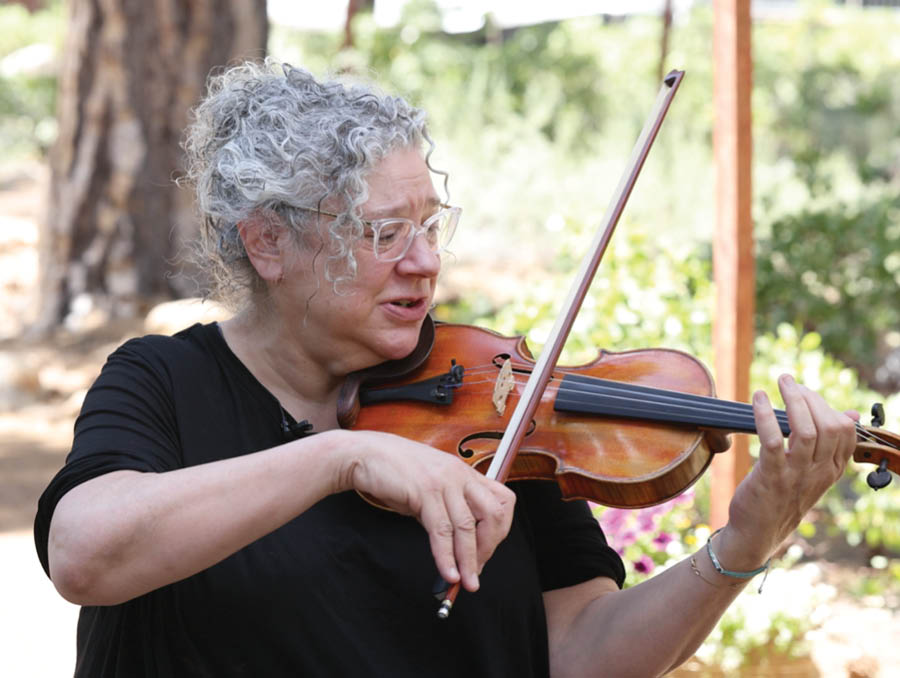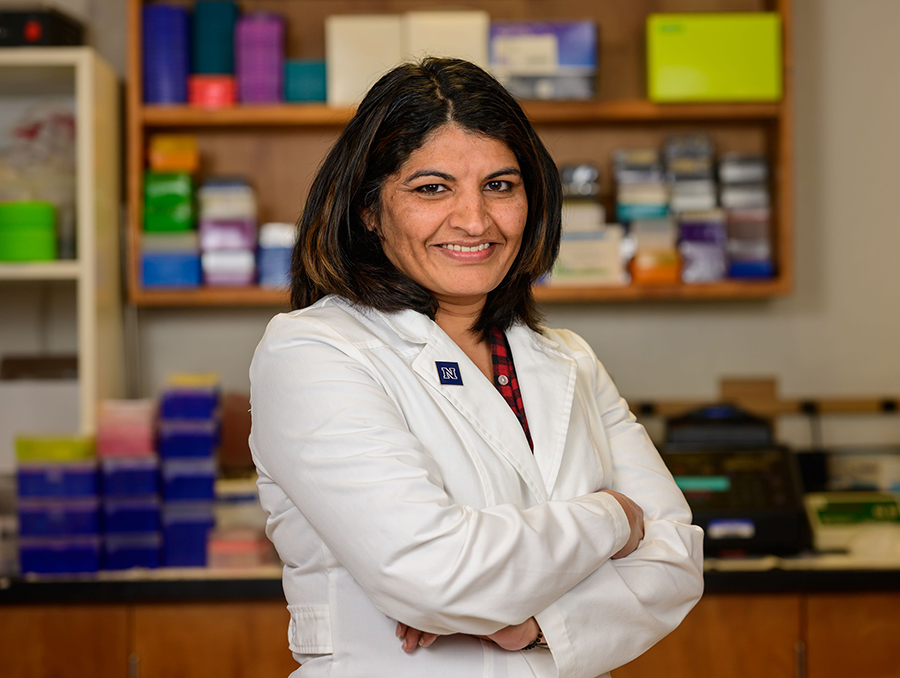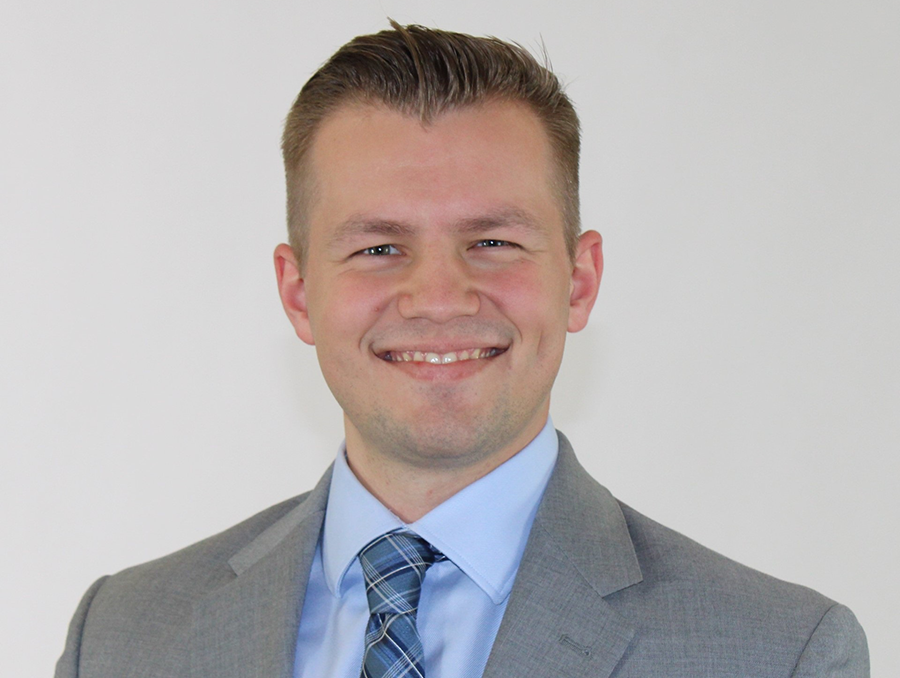Education Next issued the following release today:
The Davidson Academy of Nevada is a public school on the University of Nevada, Reno, campus that serves intellectually talented students. The school has no seat-time requirement, classes are grouped by ability rather than age, and textbooks are all but absent, in favor of original source materials and varied literature that allow for a faster learning pace. According to June Kronholz, author of a report in the upcoming Spring 2011 issue of Education Next and currently available on the web at the Education Next website, the 123 students at the school, ages 10 - 18, are thriving in this learning environment.
The Davidson Academy is the product of Jan and Bob Davidson, computer software entrepreneurs who recognized that highly advanced students need learning settings and methods that public schools too rarely provide. In 2005, after years spent researching education and operating tutoring programs for the gifted, the couple launched the school with the state's blessing, but no funding. The state now supports the school and the Davidsons continue to fund the shortfall between public funding and the full per-student cost.
Federal education policy focuses on bringing as many students as possible up to minimum proficiency standards and offers little by way of mandates or leadership to address the needs of gifted students. Kronholz states that nationwide, "the scores for the brightest kids have barely moved."
"Even the best school districts struggle with youngsters at the outer edges of the learning continuum," notes Kronholz, and there is a dearth of options, nationally, for gifted students. Davidson accepts applications only from youngsters with an IQ of 145 or higher, an IQ level identified as "highly gifted" by the College of William and Mary's Center for Gifted Education and that is found in well under one percent of the population. Such students might complete a whole day's lessons - at three grades above their age-level -- in 90 minutes, or read at the high school level as 5 or 6 year-olds. Bob Davidson observes that these are "the likely people to make the big discoveries" in the next generation.
One of the school's key approaches — group students by ability, allowing for flexible placement across grade levels — might inform thinking by other innovative public schools. "You can't teach to the middle," notes math teacher Darren Ripley. "To say we're all at an Algebra 2 level just isn't accurate."
At Davidson Academy, students must take the state's standardized reading and math tests, but classes encompass an unusually wide scope of material. Three weeks into a critical-theory course, for example, Kronholz reports that the class "already had tackled Henry Louis Gates, Harold Bloom, Edward Said, and now was cheerfully plowing through a printout of a dense Jean-Paul Sartre essay on literature." Teachers at Davidson Academy are paid on the Reno teaching salary scale, but aren't union members and do not get tenure.
In today's difficult economy, states are likely to give even less attention to gifted students, who, like their peers with other special needs, reach their full potential through specialized instruction. The Davidson Academy not only offers a model for what can be done to meet the special needs of gifted students, but also suggests ideas that might spark innovation in regular public schools. Says founder Bob Davidson, "Ability groups may fly in the face of closing the achievement gap, but neglecting the country's brightest kids flies in the face of logic."
About the Author
June Kronholz is a former Wall Street Journal foreign correspondent, bureau chief, and education reporter, and currently a contributing editor at Education Next.
About Education Next
Education Next is a scholarly journal published by the Hoover Institution that is committed to looking at hard facts about school reform. Other sponsoring institutions are the Harvard Program on Education Policy and Governance, part of the Taubman Center for State and Local Government at the Harvard Kennedy School, and the Thomas B. Fordham Foundation.
For more information, visit Education Next.











